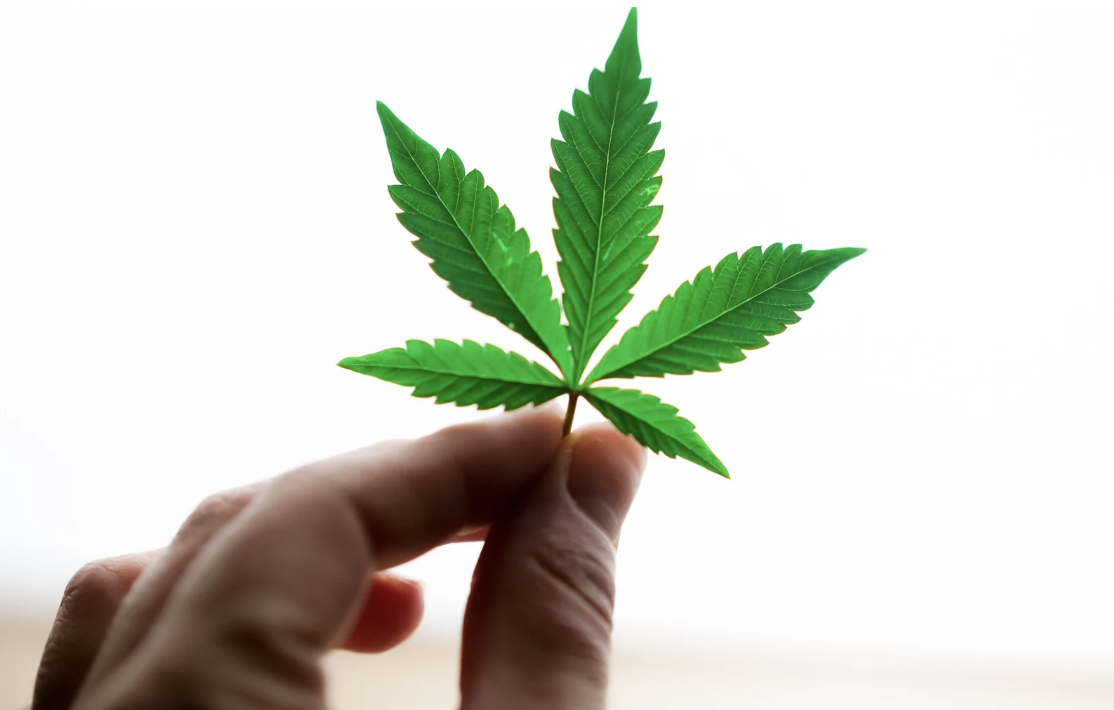Kirsten Fisch, MSN, RNC-MNN, IBCLC, LCCE Kirsten is a women's health nurse who specializes in high-risk pregnancy and postpartum care. She is certified in Maternal Newborn Nursing, a board-certified lactation consultant (IBCLC), and a Lamaze-certified childbirth Educator. She works with women from conception through postpartum. Passionate about empowering women during their reproductive journeys, Kirsten combines evidence-based care with compassionate support to promote health and well-being for mothers and babies.
Pregnancy is a transformative time filled with excitement, anticipation, and a desire to ensure the best possible outcomes for both parent and baby. However, it is also a time when certain lifestyle choices, including alcohol and marijuana use, must be reconsidered. The consumption of these substances during pregnancy can have significant effects on fetal development, leading to potential health complications for the baby.

Alcohol and Pregnancy
The Centers for Disease Control and Prevention (CDC), the American College of Obstetricians and Gynecologists (ACOG), and many other health organizations strongly advise against alcohol consumption at any point during pregnancy. Alcohol crosses the placenta and directly affects fetal development, increasing the risk of Fetal Alcohol Spectrum Disorders (FASDs). FASDs can result in physical abnormalities, cognitive impairments, and behavioral challenges that can last a lifetime.
Some common effects of prenatal alcohol exposure include:
- Low birth weight and growth restrictions
- Facial abnormalities
- Heart, kidney, or bone problems
- Learning disabilities and speech delays
- Attention and behavioral challenges
There is no known safe amount of alcohol during pregnancy, nor a safe time to consume it. Because alcohol affects each pregnancy differently, avoiding it altogether is the best way to protect the baby’s health.
Marijuana and Pregnancy
With the growing legalization and acceptance of marijuana, many pregnant individuals wonder whether it is safe to use during pregnancy, particularly for nausea or anxiety relief. However, research suggests that marijuana use can negatively impact fetal development.
THC, the active compound in marijuana, crosses the placenta and can affect the baby’s brain development. Some potential risks include:
- Increased likelihood of preterm birth and low birth weight
- Developmental delays and cognitive impairments
- Behavioral challenges in childhood, such as attention deficits and hyperactivity
- Potential increased risk of stillbirth
Additionally, many marijuana products are not well-regulated, meaning they may contain harmful contaminants such as pesticides or heavy metals. Even marijuana use through vaping or edibles carries risks. The American Academy of Pediatrics and ACOG strongly discourage the use of marijuana during pregnancy.
Addressing Common Myths
- “A little alcohol won’t hurt.” – No amount of alcohol has been proven safe, and even small amounts can contribute to developmental problems.
- “Marijuana is natural, so it’s safe.” – While marijuana is a plant, that does not mean it is risk-free, especially for a developing fetus.
- “I used alcohol or marijuana in early pregnancy before I knew I was pregnant. What should I do?” – If you’ve used substances before knowing you were pregnant, talk to your healthcare provider. Stopping as soon as possible is the best course of action.
Healthier Alternatives
If you’re experiencing nausea, stress, or trouble sleeping, consider these safer alternatives:
- Ginger tea or acupressure bands for nausea
- Prenatal yoga or meditation for relaxation
- Support groups or therapy for stress management
- Talking to a healthcare provider about safe treatment options
Choosing a substance-free pregnancy is one of the best ways to support a baby’s healthy development. If you are struggling with alcohol or marijuana use during pregnancy, seeking professional support can make a difference. Every step toward a healthier pregnancy benefits both the parent and baby in the long run.
Contact a healthcare professional for personalized support if you have questions or need guidance. Your choices today lay the foundation for a healthier future for your child.

Kirsten Fisch, MSN, RNC-MNN, IBCLC, LCCE Kirsten is a women's health nurse who specializes in high-risk pregnancy and postpartum care. She is certified in Maternal Newborn Nursing, a board-certified lactation consultant (IBCLC), and a Lamaze-certified childbirth Educator. She works with women from conception through postpartum. Passionate about empowering women during their reproductive journeys, Kirsten combines evidence-based care with compassionate support to promote health and well-being for mothers and babies.



